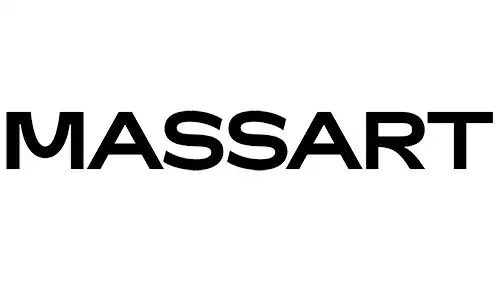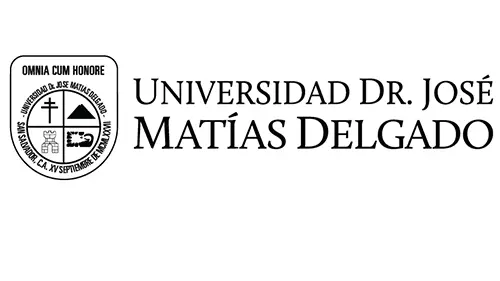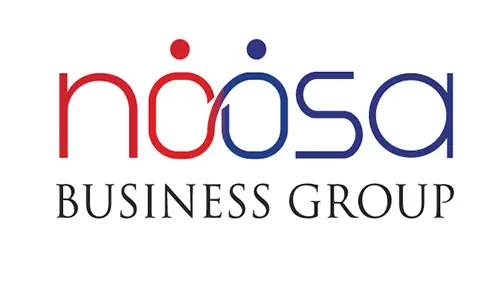When it comes to intellectual property, everyone has heard of the term ‘copyright’ in relation to written or published work, but what about concepts or strategies? Sure, copyright applies to the text you write, or a final logo or website you design, but what about the initial ideas and outlines that lead up to that result. Does copyright apply only to the end product or can it protect the whole process?
Let’s face it, some of your most creative work might come out of the initial ideas or proposal stage, but how do you move things along without risking those ideas being used by someone else?
For example, say you are putting a marketing proposal together for a prospective client. Part of producing a great proposal might be laying out some unique strategies or concepts in order to show that client what you can do for them.
If that customer or client then takes your proposal and uses it themselves – at best, they show it to competitors so they can underbid you; at worst, they just use the material for their own purposes – do you retain your intellectual property rights, and if so, what’s your loss; how has this potential customer breached your copyright?
As a starting point, here’s what IP Australia has to say:
Copyright protection is free and automatic in Australia and protects the original expression of ideas, and not the ideas themselves.”
That’s worrying: “not the ideas themselves.”
So, does that mean you have no legal protection? Not exactly. Your proposal (and idea) will be covered but only if you take a little trouble beforehand to protect it…
Essentially, it’s important to set out the understanding on which you provide that initial material.
What I mean by this, is that you leave yourself open if you simply provide a proposal without any specific comment. Instead, you need to provide it on the terms that are satisfactory to you – and make those terms clear. Your terms might well be similar to a confidentiality agreement, whereby the parties specifically (and more importantly contractually) agree to safeguard each other’s confidential information which would include matters of intellectual property. In other words, you make it crystal-clear that your ideas and concepts aren’t for sharing or using at this stage of the game.
The benefit of taking this step is that at first instance, only the specific text and any images (e.g. drawings or photographs) that you provide are included in your intellectual property rights. By itself, the concept or strategy is not protected, either by legislation or by common law. However, by adopting the confidentiality agreement approach, your protection arises from the contract itself. If it’s drafted appropriately, it may even identify the remedies that would arise in the event anybody breached that protection. Those remedies can include injunctive relief or liquidated damages – i.e. the court prevents them from using your concept, or orders them to compensate you for doing so (as for “liquidated damages”, they are a genuine pre-estimate of the loss that would be suffered in the event of a breach of the contract).
So, in a nutshell, it’s good business practice to lay out your terms and enter into a written agreement prior to providing too much of your creativity, personal experience, logic and out-of-the-box thinking. Otherwise, you could unintentionally be giving it away for free.







